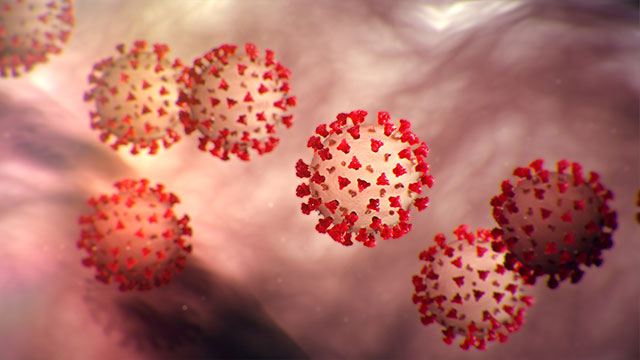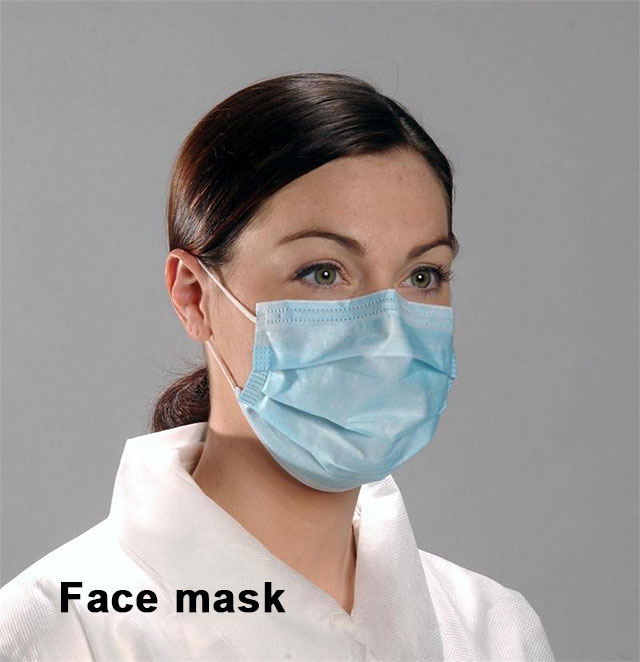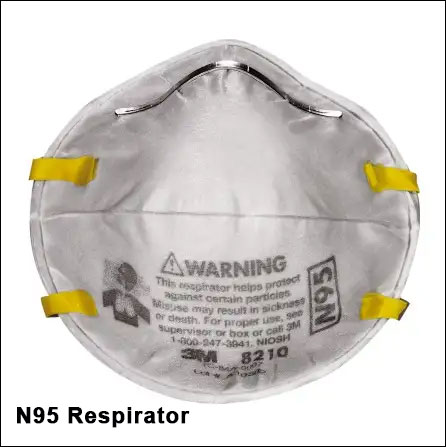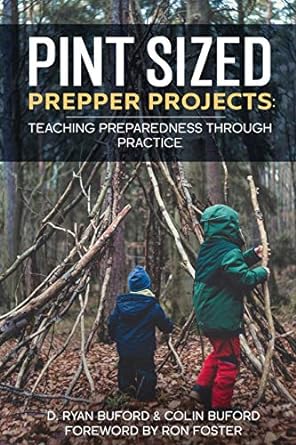[ARTICLE]: Coronuavirus/COVID-19 General Information & Prevention
As of today's date March 22nd, 2020 there have been a total of 334,451 known cases of effected people world wide and 14,597 deaths world wide due to the Coronavirus by some sources [1]. In this article I want to provide basic information about this currently rapidly spreading disease and relevant prevention measures you can take to keep safe and healthy.
 Coronavirus disease 2019, or COVID-19 is a recently discovered
respiratory disease. COVID-19 is caused by a
virus known as Severe Acute Respiratory Syndrome Coronovirus-2, or
SARS-CoV-2 currently it has spread
world-wide, taking the same general precautions used to prevent flu
and other virus transmission is the best
strategy for staying healthy.
Coronavirus disease 2019, or COVID-19 is a recently discovered
respiratory disease. COVID-19 is caused by a
virus known as Severe Acute Respiratory Syndrome Coronovirus-2, or
SARS-CoV-2 currently it has spread
world-wide, taking the same general precautions used to prevent flu
and other virus transmission is the best
strategy for staying healthy.
What is Coronavirus?
There are many different strains of coronavirus. Most of them only cause mild to moderate upper respiratory infections similar to the common cold. In most cases, the COVID-19 virus causes mild, cold-like symptoms. However, in some people, particularly the elderly or those with previously existing conditions what weaken the immune system, the virus can lead to more serious symptoms such as difficulty breathing, which can lead the body not getting enough oxygen.
COVID-19
COVID-19 can cause respiratory symptoms with varying ranges of severity; from mild to severe. People usually begin to experience symptoms within 2 to 14 days of being infected.
-
Symptoms can include:
- Fever
- Cough and
- Shortness of breath
COVID-19 is contagious and is usually spread through respiratory droplets, commonly created when an infected person coughs or sneezes. You usually have to be in close proximity to the person for the virus to spread this way.
-
For the COVID-19 to spread the droplets must be:
- inhaled
- ingested, or
- absorbed through a mucus membrane (nasal cavity)
-
The virus can also be spread to you if you
touch a surface with the
virus on it and then touch your
- eyes
- nose or
- mouth
COVID-19 can live on a variety of surfaces for hours to days. People with a higher risk of infection include those who have been in close contact with an infected person, such as Emergency Management System (EMS) and healthcare professionals.
Personal Prevention: Handwashing
 HANDWASHING is one of the best ways to prevent spreading
colds,
flus,
and other viruses. Using plain soap and warm water has been shown to
have the same level of effectiveness as anti-bacterial soap.
Alcohol-based hand sanitizer should be carried and used when soap
and
water are not available. Healthy eating, good sleep management,
stress
management, and exercise can also help you resist or fight off
infection.
HANDWASHING is one of the best ways to prevent spreading
colds,
flus,
and other viruses. Using plain soap and warm water has been shown to
have the same level of effectiveness as anti-bacterial soap.
Alcohol-based hand sanitizer should be carried and used when soap
and
water are not available. Healthy eating, good sleep management,
stress
management, and exercise can also help you resist or fight off
infection.
-
The Center for Disease Control (CDC) recommends you get a
pneumonia vaccine if you are:
- over 65
- have certain medical conditions or
- smoke cigarettes
You should always cough or sneeze into your sleeve or a tissue to help prevent spreading germs. Avoid coughing or sneezing into your hands, but if you do, wash them as soon as possible. Someone who has become sick can spread germs by touching door handles, counter tops, bathroom sinks and other surfaces, so it is important to sanitize them frequently.
Try to avoid touching your face or rubbing your eyes. During a disease outbreak, you should avoid unnecessary travel, as respiratory illnesses can be transmitted easily in confined spaces, such as an airplane, bus, or other forms of public transportation. If you are experiencing only mild symptoms, it will typically be best to avoid hospitals and urgent care facilities. You are more likely to develop secondary infections, and healthcare workers need to be able to focus their resources on the seriously ill. Those who are mildly ill should treat their symptoms as they would with any similar respiratory virus or infection.

Respirators vs. Face masks
The main role of a face mask is to contain the spread of particles if you cough or sneeze a face mask will reduce the risk of you passing the illness to someone else .
FACE MASKS ARE NOT AN EFFECTIVE PROTECTION FROM GETTING SICK , and are only moderately effective at helping to prevent you from spreading diseases. This is because face masks are loose-fitting and cannot fully block small particles in the air, including viruses.
 An N95 Respirator can filter out at least 95% of particles in the
air,
including bacteria and viruses, but it requires a proper seal and
fit
test to work as intended. It is also not feasible to wear a
respirator
all day, every day.
An N95 Respirator can filter out at least 95% of particles in the
air,
including bacteria and viruses, but it requires a proper seal and
fit
test to work as intended. It is also not feasible to wear a
respirator
all day, every day.
Both face masks and respirators are necessary medical supplies, so if you feel the need to wear a face covering, there are many alternatives that are as effective as a face mask, such as a bandana, handkerchief, shemagh, or scarf without using necessary medical supplies.
Workplace and Public Prevention
To help prevent the spread of germs in the workplace or other public spaces, communal work surfaces such as elevator buttons, food preparation areas, copiers, and door hands should be wiped down frequently with disinfectant. Always wash your hands after using the restroom or preparing food. In the workplace during flu and cold season, the number of meetings held should be limited if possible. If a meeting does need to be held, try to hold them for less time or use conference calls instead of holding in-person meetings.
You should stay home when you start to feel sick, even if your symptoms are mild. Staying home will help prevent widespread illness and will protect vulnerable people. The CDC recommends that you stay home for at least 24 hours after you have no fever without the use of medicine. Some workplaces may allow employees to work from home. If that applies to you work from home if you feel well enough to work but may not be completely recovered.
Conclusion
Things are every changing with this new and unprecedented world wide pandemic. This article is not meant to be a definitve source on all things related to COVID-19 but only a short reference. Below I have included a few links as a starting point. But it is up to you to use your own judgment and other additional trusted resources to stay informed on this troubling epidemic.
Be well, be safe, and STAY CALM!
Citations:
As of 3/12/2020 according to the
Worlh Health Organization (WHO)
there
are
124,048 confirmed (6729 new) and
4613 deaths (321 new)







